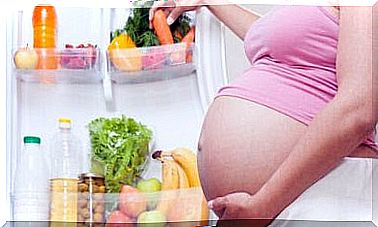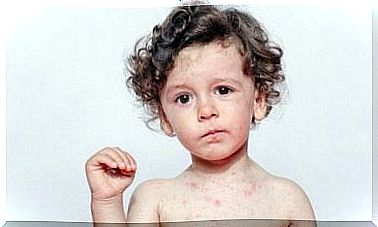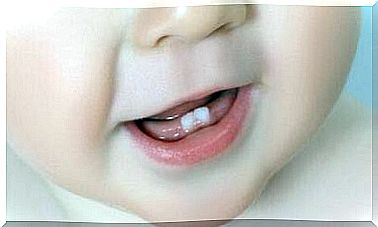My Baby Refuses To Eat: What Should I Do?
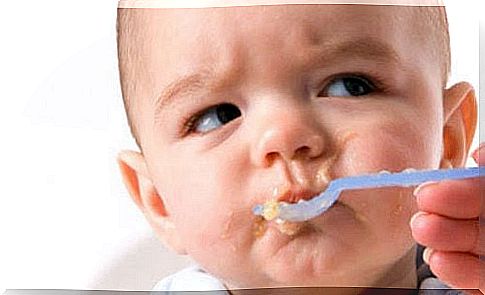
We all know that nutrition is essential for our health. This is why many parents worry when their baby refuses food.
In this article, we will provide some guidelines to help you in this situation.
First, find out why your baby is refusing to eat
Pediatricians suggest that you should first identify when your child started refusing to eat food.
If your child has always refused to eat, one of the following explanations may be true:
- Acid reflux and reflux : Acid reflux occurs when a baby does not produce enough stomach acid to process the food. This problem usually resolves itself after the baby’s first weeks of life. Reflux also occurs when your baby produces too much stomach acid. In this case, your baby will cry every time he eats because the reflux causes pain.
- Lactose intolerance : This condition occurs when the body does not produce enough lactase. Lactase is an enzyme that is necessary to process lactose found in many dairy products (this does not include cheese and yogurt as these dairy products are already fermented). Lactose intolerance causes stomach cramps. Keep in mind that if your child has this type of food intolerance, he or she will likely have others as well.
- Parents’ unrealistic expectations: Infants eat when they feel the need to do so, not because they feel obligated to do so. Many times, parents insist that their child does not eat enough, when the problem is not really with the child. Rather, it is the parents’ unrealistic expectations.

If your child has recently started refusing to eat, you should try to identify the problem as soon as possible. This will help you solve the problem at an early stage.
The most common reasons why your baby refuses to eat are:
- Indigestion: Digestive problems are often associated with diarrhea, stomach cramps, nausea and even vomiting.
- Your child may suffer from some other type of illness. In this case, it is normal for your baby to lose his appetite. For example, when your child has the flu or fever, it is normal for her to refuse to eat.
Tips for getting your child to eat
Once you have identified the cause, it’s time to figure out the best way to encourage your child to eat.
There are simple techniques we can use to help the child develop a different approach to food. Here are five tips:
- Make the meal a pleasant experience. Remember that during your child’s first year of life, he absorbs everything he sees and hears around him and connects it with good and evil. If the meals are eaten in a calm, harmonious environment, it will help your child to experience eating as something positive.
- Be careful with the temperature. Your baby still does not know what is hot and what is cold. Therefore, try to serve all food at the right temperature.
- Avoid processed foods such as fast food, tea or sweet juices. Your baby’s body is not ready to digest these foods. Choose natural foods and try to offer a variety of fruits. Apple puree and natural yoghurt are some of your best options.
- Take care of hygiene – both your own and your baby. Your hands should be clean when handling food, as well as the bowls and utensils you use.
- Do not force your child to eat things she does not like. Your little one discovers new flavors and textures all the time. That she does not like a fruit or a vegetable when she first tastes it does not mean that she will never like it. Give her time and offer other options.
When is it time to give your baby food other than breast milk or a replacement?
At 6 months of age, you can start offering your baby other types of food, especially fruits and vegetables.
It is important to introduce different ingredients into your baby’s diet a little at a time.
That way, you will discover what flavors he likes and dislikes. You also begin to get a sense of what temperature works best for him (whether the food is hot or cold) and other relevant aspects of your child’s diet.
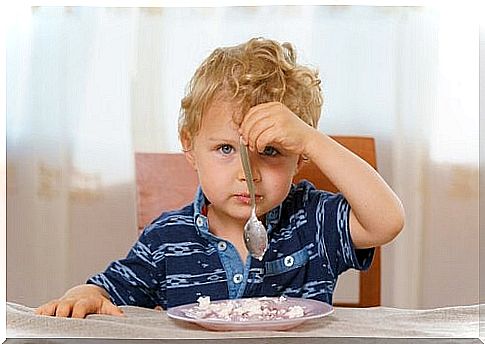
The World Health Organization recommends that you breastfeed exclusively until your baby is 6 months old. From that age, says the WHO, it’s time to start introducing other foods to your baby’s diet.
Choose foods that are appropriate for your child’s age and safe for her to eat. Remember that your baby’s teeth have probably not come out yet, so she can not chew.
We recommend that you start with mashed potatoes or mashed vegetables, apple puree or pear puree, carrot juice and other useful, natural alternatives.
Should I talk to a specialist about my baby’s refusal to eat?
Again, let’s look at the starting point. It is very important not to worry unnecessarily and to identify the reason why your baby is refusing food.
This may be due to an irrelevant circumstance. Or it could be a sign of a problem with a particular dish or its cooking.
Of course, if the symptoms deserve to consult a doctor about, book an appointment. The same applies if your child’s lack of interest in food persists for a long time.


